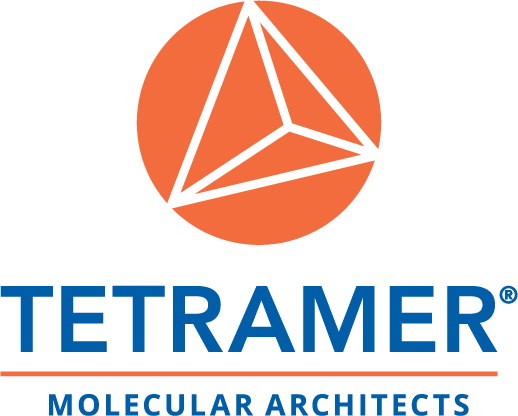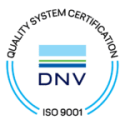Tetramer is proud to announce the receipt of a two-year $1.15MM Department of Energy Phase II award. This award will fund the development and commercialization of a new type of filtration material that can remove heavy metal toxins from industrial waste streams before they are released into the environment.
“Removing heavy metal contaminants from drinking water is a major problem worldwide. Tetramer’s efforts to produce filter media that are selective to heavy metals will add one more tool for producing clean water and can aid in improving clean water access to millions of people. While our initial results in the lab were encouraging, there is still more work to do. The Phase II DOE funding will allow our scientists to do what they do best . . . get new technology out of the lab and into the marketplace where it can make a difference for the world around us.”
Tetramer CEO, Jeff DiMaio, PhD

As the use of electronics and other technologies that rely on heavy metals has increased, more heavy metal contaminants make their way into our environment. Even in small amounts, contaminants such as lead, mercury, cadmium, arsenic, and chromium can be dangerous to both aquatic life and humans. Current water treatment methods are not selective for these dangerous metals, lack operational efficiency, and require frequent replacement when they become overloaded. To overcome these issues, the Tetramer team worked under DOE Phase I funding in 2021 to develop new tailorable materials that can selectively adsorb and decontaminate toxic heavy metal ions from water.
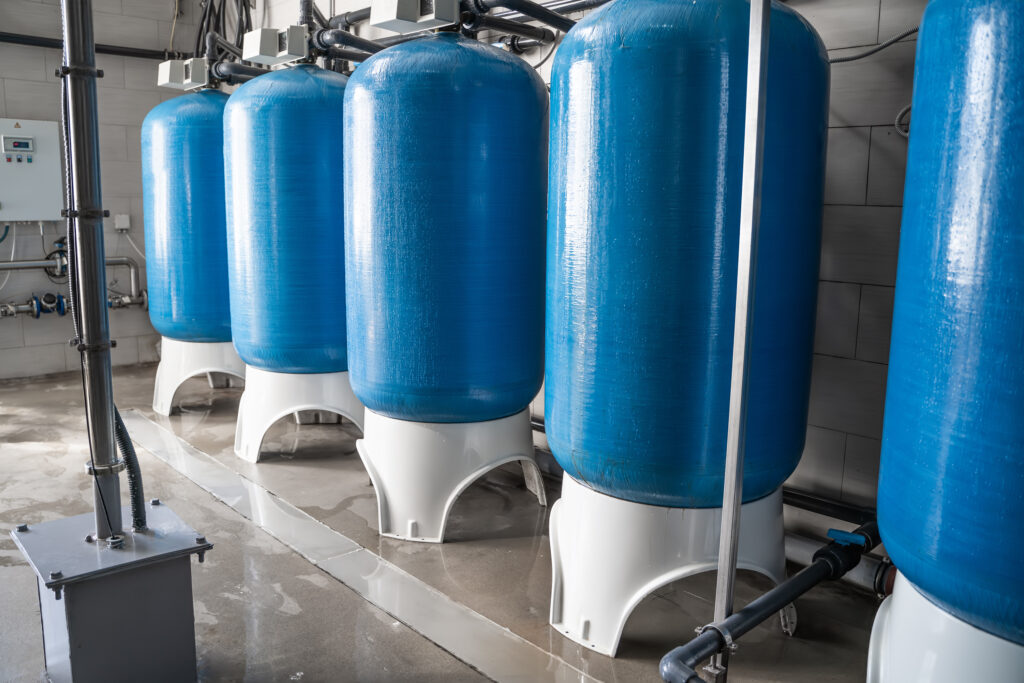
After consulting with industrial and municipal customers to learn about their use of current filtration methods in the field, Tetramer’s Phase II efforts will continue work on the new filtering materials to optimize performance. The optimized materials will be tested in pilot-scale against current industrial standards. It is expected that the performance of these new filtration materials will increase the energy efficiency of the heavy metal ion capture process, increase the lifetimes of the filters, and allow for more cost-effective water remediation.
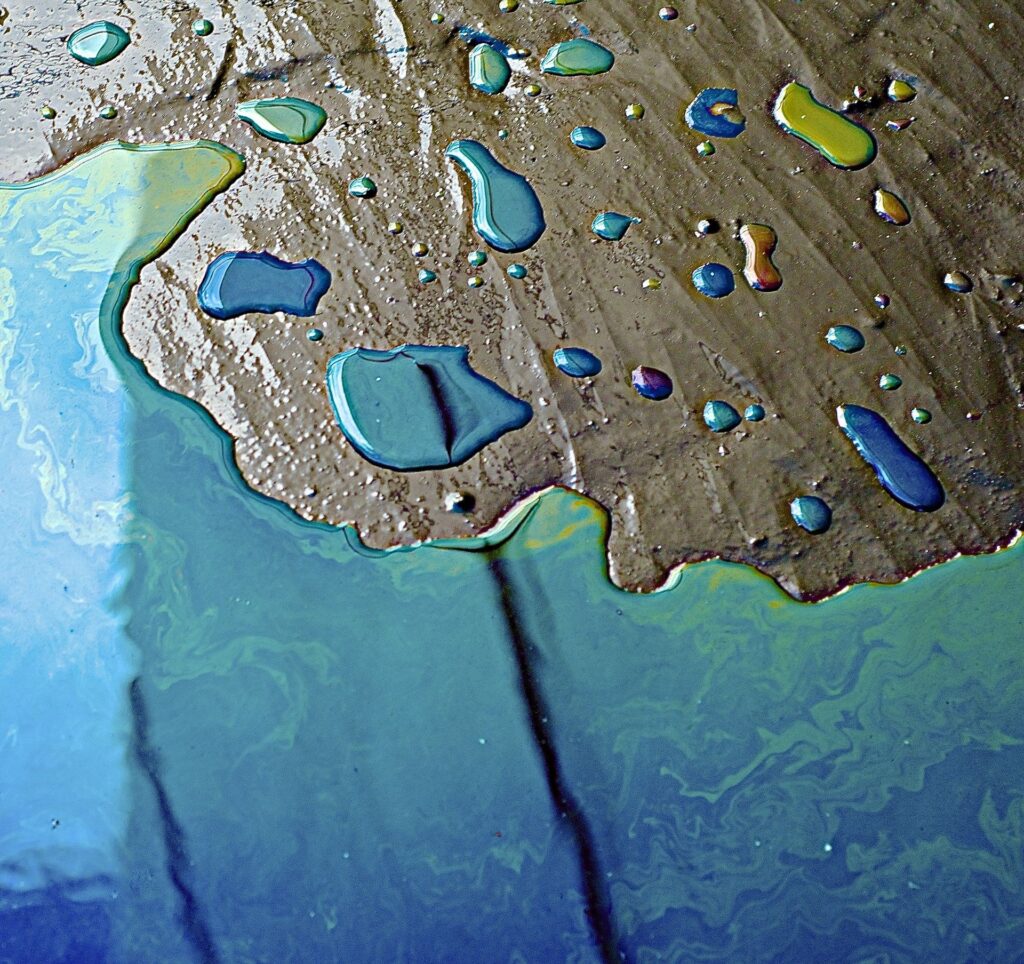
Tetramer Research Scientist, Heather Lange, had this to say about the ongoing program, “This work can revolutionize the wastewater treatment industry. These materials can be used in homes specifically for lead remediation to give families clean water or be used on a larger scale to clean up e-waste from the processing and recycling of electronics (batteries, processors, etc.). With the global market for environmental remediation technologies expected to reach ~$160 B in the next few years, there is a clear need for this technology.”
Dr. Stephen Hudson, the Principal Investigator directing the research group at Tetramer said, “We’re really excited to have the opportunity to advance this technology. During Phase I, the R&D team applied a lot of innovative ideas and approaches to produce a final material with significant promise for meeting the needs of the Department of Energy. With the team bringing that same level of creativity, critical thinking, and energy into the Phase II program, we expect rapid development of our high selectivity adsorbent for commercial use.”
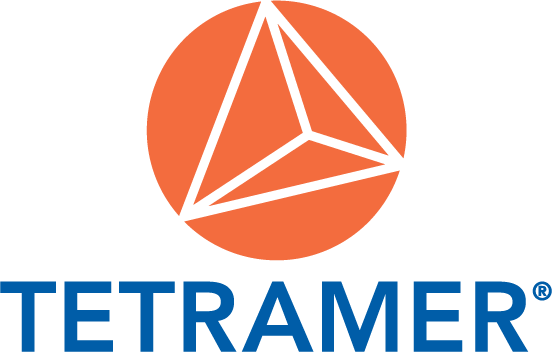
Located near Clemson, SC, Tetramer is an advanced materials company dedicated to the development of market-driven materials and transitioning those materials from the lab to the market or battlefield. With extensive R&D and manufacturing capabilities, Tetramer serves as both a research partner and a supplier of proprietary custom materials. We also provide analytical services to support manufacturers in solving their materials-related challenges.
Our team includes scientists and engineers with backgrounds in organic, physical, polymer, and analytical chemistry, ceramic engineering, materials science, and chemical engineering. With expertise in materials design, synthesis, analytical characterization, and scale-up, we provide customized support to our partners across every stage of innovation from molecule to manufacturing. tetramer.com
PROJECT ABSTRACT AND SUMMARY
Novel Hybrid Porous Materials for the Selective Capture of Contaminants and/or Valuable Metal Ions from Water
Department of Energy award page: https://science.osti.gov/sbir/Awards (This award is under 2022 Phase II, Release I Awards)
The use of heavy metals in industrial production and recycling processes, as well as from the weathering of soils and rocks has resulted in an increased number of contaminants being discharged into the environment. Heavy metal contamination at low concentrations has well-documented and long-lasting deleterious effects on aquatic life as well as human health. The most pervasive heavy metal contaminants include but are not limited to lead, mercury, cadmium, arsenic, and chromium. The current technologies used to treat these pollutants exhibit several disadvantages such as low removal efficiency, high fouling rates, and inadequate selectivity which ultimately result in high energy cost and low operating lifetimes. To overcome these issues, a suite of tailorable adsorption materials will be developed that can selectively remediate valuable and/or toxic metal ions from water. Feasibility efforts during the Phase I research program demonstrated the development of adsorption media in several form factors with a variety of active materials, resulting in a TRL of 3. Based on the needs of industrial and municipal customers, and filtration technology manufacturers, Phase II efforts will be focused on understanding the structure-activity relationship of selective additives and their interactions with binders to optimize the sorbent performance. Down-selected materials will then be tested in pilot-scale studies for potential customers to test the sorbents against industrial standards and bring the SBIR technology to a TRL of at least 6. The high metal ion selectivity of the down-selected sorbent media will significantly increase the energy efficiency of heavy metal ion capture processes, reduce fouling of the material, and enable more cost-effective water remediation for multiple industries and applications.


